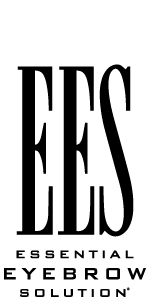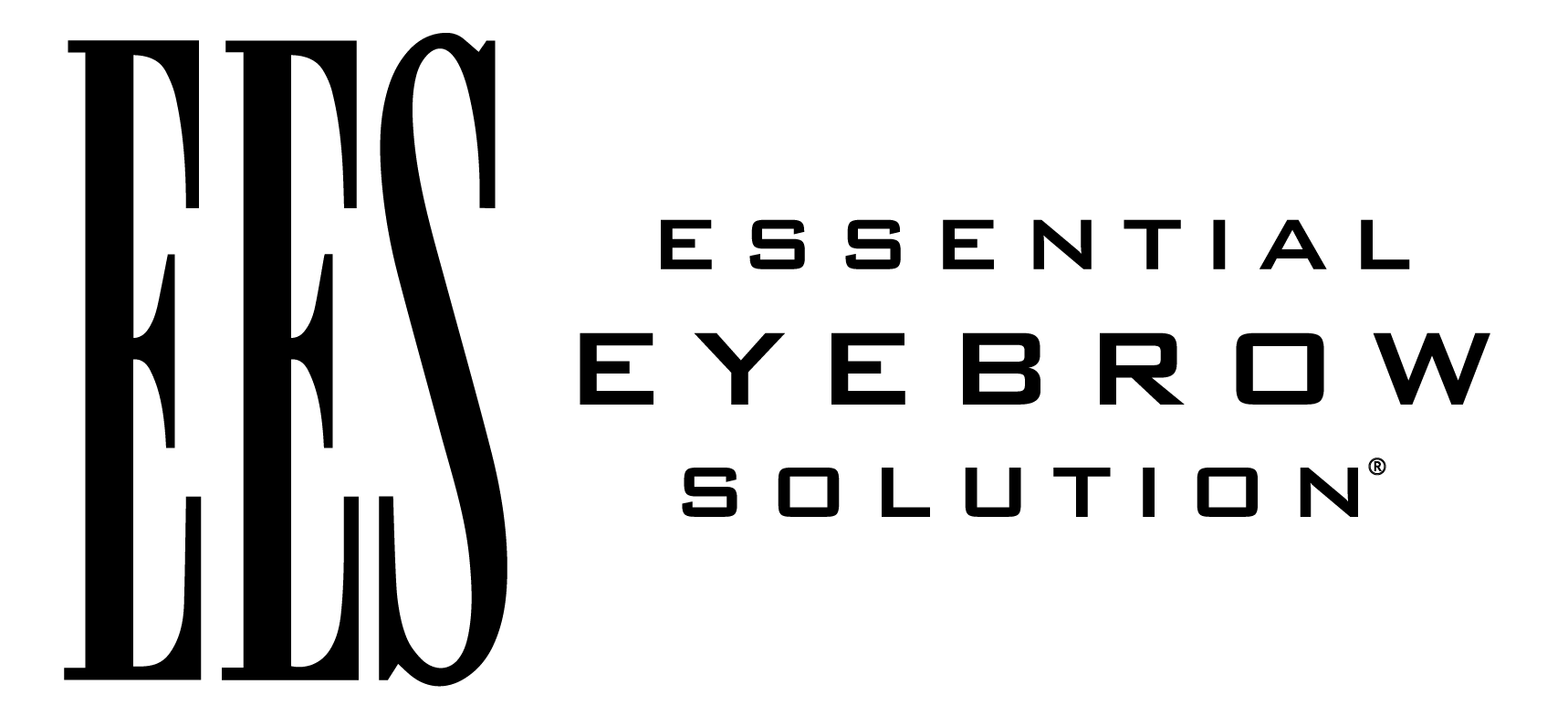Stop Suffering in Silence. Seek Help for Trichotillomania.
Over the years at my salon, I’ve consoled many clients struggling with the harsh reality of hair loss. No matter what the cause—aging, thyroid issues, genetics, medications, etc.—those affected by this condition will often go through great lengths to disguise it, feel embarrassed and avoid certain social situations, which can lead to isolation and loneliness.
I’d like to devote this post to a lesser-known reason for hair loss: trichotillomania (pronounced trik-o-til-o-MAY-nee-uh) or TRICH. This impulse control disorder affects approximately 200,000 people across the US each year.
People with TRICH have an irresistible urge to pull out their hair, usually from their scalp, eyelashes and/or eyebrows. Many professionals in healthcare believe this behavior is a way of soothing oneself in reaction to stressors. For some, TRICH is manageable, even though it may result in changes to appearance that can be upsetting. But, for others, the need to pull their hair is constant and debilitating and can profoundly affect their everyday life. Signs and symptoms may include the following:
- Repeatedly pulling hair out—from the scalp, eyebrows and/or eyelashes
- A sense of pleasure after hair is pulled
- Noticeable hair loss, including thinned or bald areas on the scalp or other areas of your body, or face, i.e., sparse or missing eyelashes or eyebrows
- Chewing or eating pulled-out hair
- Trying to stop pulling out your hair (or trying to do it less often) without any success
A family history of TRICH or depression, anxiety or obsessive-compulsive disorder (OCD) may increase the odds of having TRICH. Far more women than men are treated for TRICH. It is speculated, however, that this may be because women are more likely to pursue medical advice for the disorder.
I have done research on TRICH and I have learned that it is unlikely to get better without proper treatment and medical attention. My clients with TRICH are from every walk of life and are as varied as any other group. If you have TRICH, please don’t feel that you should be ashamed of it. Seek help. There is, of course, information online, although I always caution that online research is best when done as a supplement to, and not a replacement for getting professional help. Talk to a doctor you trust; he or she can help you find proper treatment. I invite you to click here to watch a brief PSA on TRICH. There are also wonderful online support groups (such as Stop.Pulling.com) to help you cope; it’s always good to know you aren’t alone.
We at EES – Essential Eyebrow Solution® care about your well-being. We will continue to bring you posts with health and wellness information like this for your benefit. So, stay tuned for more. And in the meantime…
Always remember: Be informed. Be encouraged. Be empowered. But, most of all . . . Be yourself.
About the Author
Renata Marie Vestevich is the president and founder of EES – Essential Eyebrow Solution®. She is also the owner and director of Advanced Hair Solutions in Auburn Hills, Michigan. Her career covers more than 30 years in the cosmetology and hair replacement industry. To read Renata’s full bio, click here.


